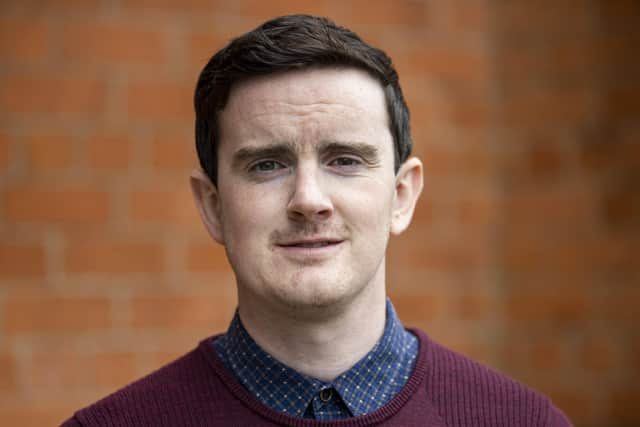Unionists silent over language commitments
and live on Freeview channel 276
Conradh na Gaeilge, a social and cultural organisation which promotes the Irish language, said it had received support for its commitments from Sinn Fein, SDLP, Alliance Party, Green Party NI, People Before Profit, Aontu and a number of independent candidates.
It said that it had yet to receive replies from the DUP, UUP, TUV or any independent unionist candidates.
Advertisement
Hide AdAdvertisement
Hide AdThe organisation’s commitments include the implementation of Irish language legislation and the adoption by Stormont of a 20-year strategy for the language.


It also includes the development of an Irish-medium education bill at the Assembly, new support for languages to be a core GCSE subject in secondary school and a call for parties to prioritise the education and communities portfolios when selecting ministries after the election.
There had been an expectation that the Westminster government would introduce cultural legislation for Northern Ireland before the elections this week.
It fell to the Northern Ireland Office after the Stormont parties were unable to agree to introduce cultural and language legislation in the Assembly which was part of the New Decade, New Approach (NDNA) deal.
Advertisement
Hide AdAdvertisement
Hide AdThe plans include an Office of Identity and Cultural Expression to promote respect for diversity as well as an Irish language commissioner and a commissioner to develop language, arts and literature associated with the Ulster Scots/Ulster British tradition.
However, Northern Ireland Secretary of State Brandon Lewis announced in March that the legislation would not be introduced ahead of the Assembly election.
Michaeline Donnelly, from Conradh na Gaeilge, said: “As we have seen since the incredible community campaign for language rights kickstarted in 2017, there is strong broad party support for the Irish language, Irish language rights and for Irish-medium education.
“In the 2017 Assembly elections, that support translated into five parties and 50 out of the 90 MLAs who actively supported the introduction of an Irish language a ct.
“That cross-party coalition in favour of language rights has stayed the course and remains steadfast and strong in the run-up to the 2022 Assembly elections.”